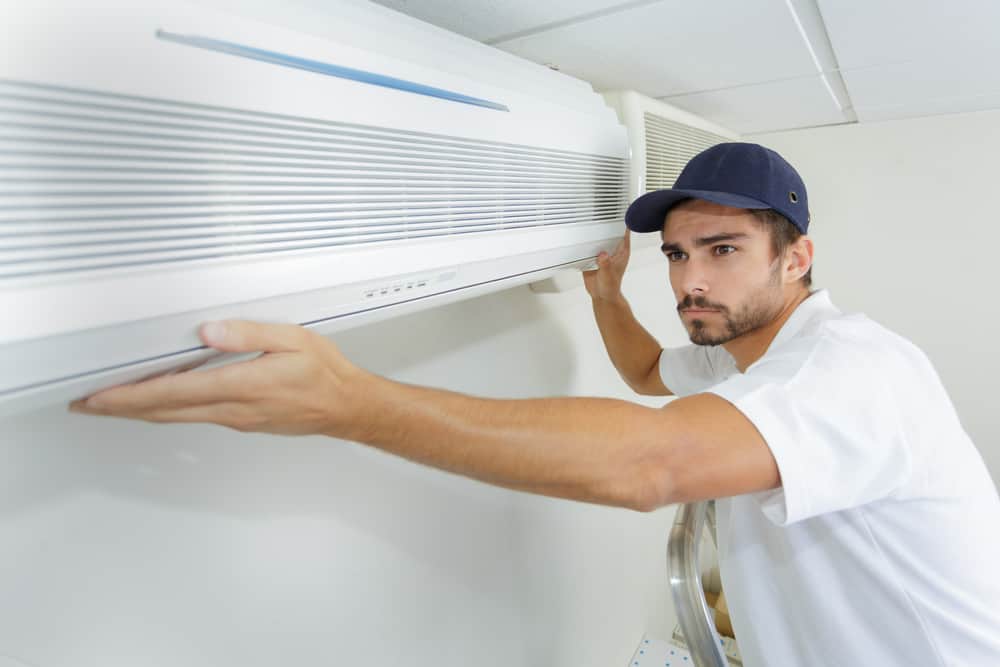Concerning creating a pleasant living environment, understanding HVAC is vital. If you're a homeowner wanting to make enhancements or someone interested in learning more about heating and cooling systems, this guide will help you find your way through the frequently confusing world of HVAC. From selecting the right system to knowing when to fix or swap out your existing setup, we will provide you with the information you need to budget effectively for your HVAC needs.
Your HVAC system holds a crucial role in your home’s overall efficiency and comfort, but numerous people are unaware of the costs associated with installation, maintenance, and repairs. With this knowledge, you can make informed decisions that not just enhance your indoor comfort but also help you save on energy bills. We'll also examine common HVAC problems and offer solutions, advice for improving energy efficiency, and tips on maintaining good indoor air quality. By the end of this article, you'll be better equipped to understand the costs involved and how to make the most of your HVAC investment.
Grasping HVAC Systems
HVAC is an acronym for heating, venting, and cooling. It acts as a important element of residential and business buildings, guaranteeing convenience and maintaining the quality of indoor air. Such systems regulate temperature and humidity control while offering clean air through effective filtration and airflow. They are found in various types, each tailored to fulfill the particular climate control requirements of the space they support.
At its core, an HVAC system consists of a boiler or thermal pump for providing heat, an air conditioning unit for cool air, and a system of air ducts or pipes that route air throughout the facility. The system also includes a temperature control device for adjusting heat levels and filters to eliminate particles and pollutants from the air. Comprehending how each part works together is important for efficient performance and preservation.

The performance of an HVAC system depends significantly on proper configuration and routine care. Property owners and businesses must select the appropriate system based on the scale and specific needs of their space. Additionally, routine check-ups and tune-ups help avoid common issues and ensure the system functions at optimal efficiency, ultimately lowering money on energy costs and extending the duration of the system.
HVAC Upkeep and Effectiveness
Regular maintenance is essential for ensuring your HVAC system running efficiently. This includes tasks such as replacing air filters, cleaning coils, and monitoring refrigerant levels. Neglecting these maintenance tasks can lead to decreased system efficiency, higher energy bills, and even unexpected breakdowns. Property owners should schedule professional inspections at least one time a year to ensure all components are functioning correctly and to identify any potential issues before they grow worse.
Efficiency is not just about routine maintenance; it also involves enhancing your HVAC system's performance. Consider using programmable thermostats to set temperatures based on your routine, lowering energy consumption when you're not home. Sealing your home effectively and fixing any air leaks can significantly enhance efficiency by allowing your system to operate less while keeping comfort levels. Minor changes in your HVAC usage habits can result in substantial savings over time.
Moreover, upgrading to energy-efficient models can provide both short-term and long-term benefits. Newer systems are designed with innovative technology that improves efficiency ratings, which means lower energy costs. If your system is more than a decade old, it may be appropriate to evaluate your options. Putting money in an eco-friendly HVAC system not only helps reduce your environmental impact but can also increase your home's value and give you with better indoor air quality.
Innovative HVAC Solutions and Innovations
The HVAC industry is always evolving, with progress in technology leading to more efficient heating and cooling methods. One of the most notable innovations is the emergence of smart HVAC solutions. These technologies can be operated via remote access through mobile apps, allowing homeowners to monitor and modify their heating and cooling settings from anywhere. This not only enhances ease of use but also leads to electricity savings by enabling users to fine-tune their setup based on real-time data and occupancy patterns.
Another significant innovation is the integration of sustainable energy sources within HVAC systems. Solar-powered HVAC solutions, for instance, capitalize on sunlight to minimize reliance on traditional power suppliers, resulting in lower utility bills and a reduced carbon footprint. Additionally, earth-sourced heating and cooling systems are increasing in popularity for their performance and green benefits. By utilizing the ground's stable underground temperature, these technologies can ensure ideal indoor conditions while consuming less power than standard solutions.
As HVAC innovations continue to advance, indoor air quality remains a top priority for homeowners and businesses alike. Modern technologies are now fitted with cutting-edge filtration and ventilation solutions that significantly boost indoor air quality. The best air filters and smart sensors detect and react to contaminants and allergens, providing fresher air while promoting improved health and comfort. look at this site make HVAC systems more effective but also enhance the overall home and working environment.
